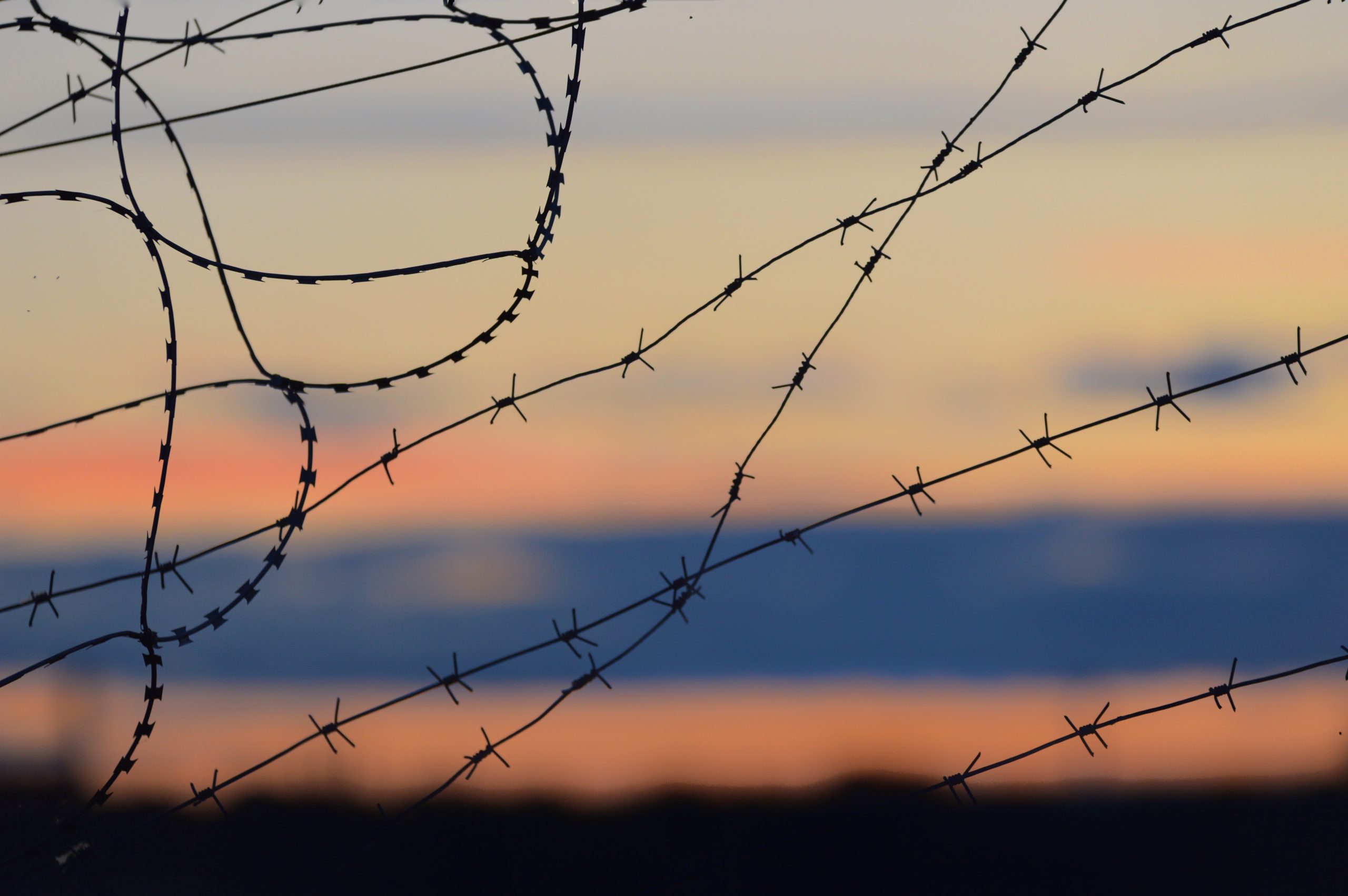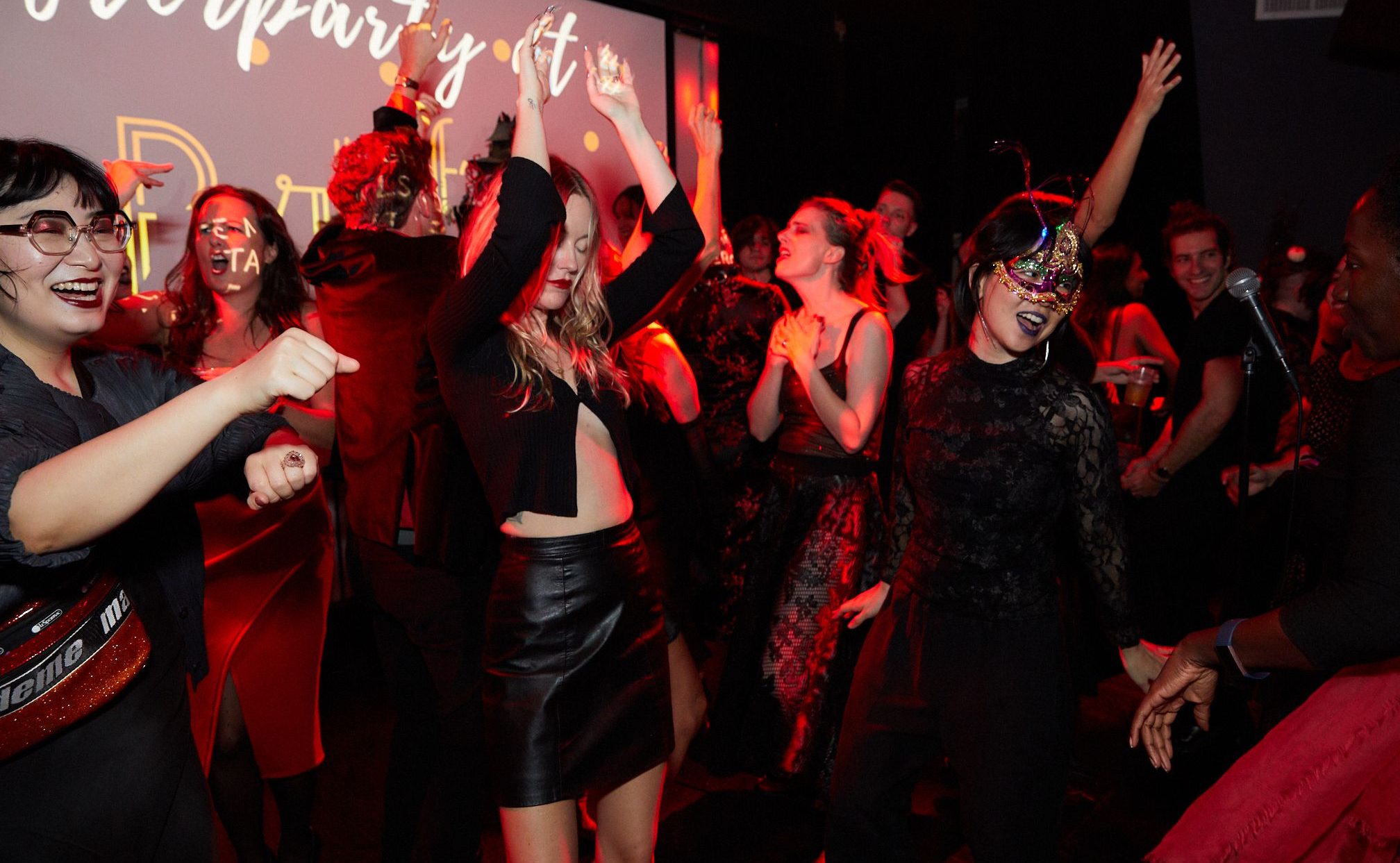news
Reading in Albania Pt. 1

“Once, only, I was awakened suddenly, by something falling on me — flomp — miaw — fizz! — an accidental cat had tumbled from some unexplored height, and testified great surprise . . . .”
– Edward Lear in Albania
In three days, I am getting on an airplane, and going to Italy, with the firm intention of traveling further, by boat, to Albania. Repeat after me: I am going to Albania. Repeat after me, repeat, because . . . NO ONE goes to Albania. But I am. In three days.
Why am I going? I am going because some months ago, I started reading Lawrence Durrell’s dreamy and lyrical account of living on Corfu in the 1930s (Prospero’s Cell). Corfu, of course, is one-and-a-half miles off the coast of Albania, which in turn made me remember a certain scene from my childhood. Cue: Me. Eleven years old and just able to raise chin over the rail of the boat, on which my father, mother, and I — bundled up like refuges against the January chill — are crossing, from Brindisi (in Italy) to Greece. The boat, little better than an African Queen-style inelegant chugger, pulls remorselessly away from the Italian coast. It plods and chumms away, down the Adriatic. With a child’s concentration, I stand at the rail watching the world move past. Civilized Europe falls away. The landscape shifts to weird green craggy mountains, waterfalls . . . darkness. Silence. Mountains, forests. No sound. No lights. No people. “Dad,” I whispered, “What is that?” Staring at the dark green silence of the place. My father, taller than I could see at the time, answered from his comforting height: “That’s Albania, Catherine. No one can go there.” And my little eleven year old heart thought: I’ll go there.
So now I am. I have an $82 airmiles ticket, and not much else beyond that. There are no guide books to Albania. No friendly Rough Guide, or Tony Fodor’s. So: to prepare for going, I have been reading High Albania by M. Edith Durham. After a certain amount of admirable philosophical and historical reflection, the author of this 1909 account begins: “I left Scutari at 5 a.m, piloted by a native who [knew that] The Vali, at that hour, would still be asleep.” The Vali, of course, being the Ottoman police. Quaint, strange, out of date, but Edith Durham remains (as she was during the first half of the 20th century) the authority on the region. From her I learn the ancient rules of blood feuds. An eye for an eye, until some mediation can occur, at which point fancy knitted socks can be appeasing. I am also reading Edward Lear in Albania, by, well, Edward Lear. The father of nonsense verse spent his life as (did you know this?) a landscape painter, and as Italy became clichéd, set off in 1848 for wilder climbs. And where could be wilder than Albania? He had a hard enough time trying to sketch: every time he put pencil to paper, a dervish would leap up yelling “Scroo! Scroo Shaitan!” [It draws, the Devil Draws!], but he found that if he wore a fez, the natives would at least stop throwing rocks at him. I am thinking that perhaps I need a fez, but I know this is 100 years out of date.
But what can I do? A hundred years of history have intervened, but they haven’t been prolific of literature. I’ve read Ismail Kadare: The Siege is a wonderful book, but set in the 1400s — I know how Skanderbeg felt about the Ottomans. (“Poorly” is an understatement).
I am heading off to a land that time seems to have forgotten. I’ve been reading the history, but what do I take to arm myself? Well, remembering my Zia Francesca in Croatia, who, it’s true, knitted cabled and bobbled socks to amaze, I bring a book on knitting fancy socks. And because they’re small and might impress, or be appropriate, two Green Integer Books: Heart of Darkness, which I ought to have read already, and Blood of the Quill, poetry from Kosova. Further, because ten years ago, Jason Goodwin reported that All Albanians know it: Childe Harold (Byron died in the fight for Greek Independence — but his troops: Albanian.) According to Goodwin, the Albanian people haven’t forgotten him yet. Also, a book on sailing (I’m going to the mountains, but am also contrary by nature), Tudge’s The Tree, and The Lighthouse Stephensons by Bella Bathhurst . . . . To make sure, no matter what I meet, that I don’t forget earth, and sea, and light.
I am amused, and I am frightened. But I am answering the long-ago and now-again call of those mountains. It’s taken me a long time to remember. But I am going. I AM going.
Catherine Bohne lives in Brooklyn, and has begun rather doggedly frequenting Albania. She has worked at the Community Bookstore of Park Slope Brooklyn since 1995, and owned said bookstore since 2001. Lots of information is available about her online, accompanied by more than a few regrettable photographs. You can follow her doings at the “Messing About” section of www.communitybookstore.net, or the (coming soon) journal section of www.journeytovalbona.com.









